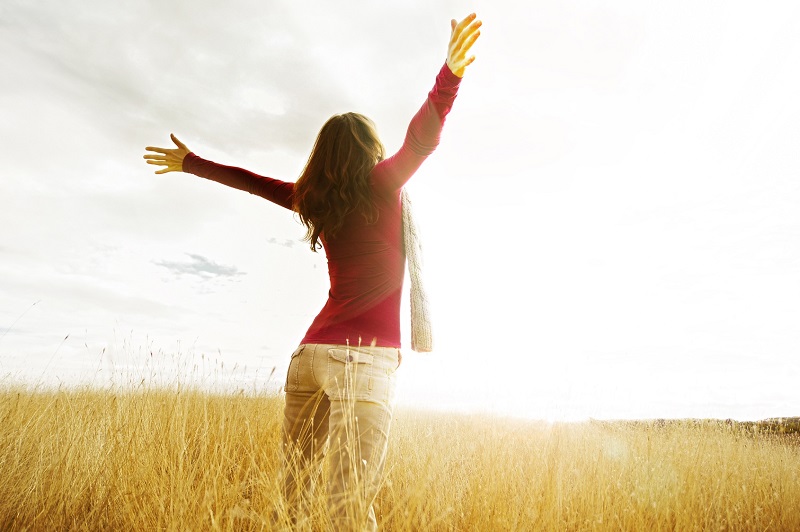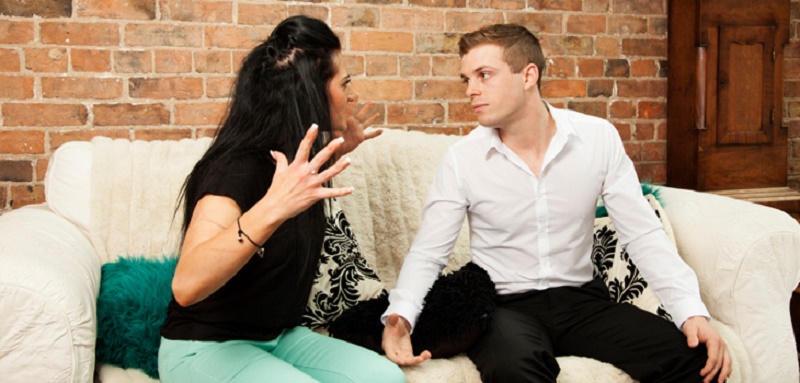Contentment and happiness are the cornerstones of health: the pleasure is not a “more” but the inner harmony lintel and its absence causes depression.
“Doctor I do not understand: it is not anything special happened, I was doing business as usual, but a month I feel so depressed. Everyone tells me that I have no reason to be so, and they are right because basically I do not miss anything, I do everything I have to do. So why I have fallen into this state?”.
It is with this reasoning that arrives in good psychotherapy those who suffer not only depression but also panic attacks, phobias (especially social), hypochondria and insomnia. All tell, believed to be objective, the story of an “inexplicable” drop in symptoms: unexplained, in their eyes, because not due to an adverse event or any other significant change. The therapist then begins to investigate the patient’s life and, in fact, noted that the event is not there.

Without enjoyment you cannot live
But, investigating, you notice something more insidious: a “non-event,” that is, something missing. The reason for the crisis is precisely in this specific absence: the absence of the principle of pleasure. It seems incredible that in a society steeped in narcissism and hedonism like ours to develop a psychic crisis due to lack of “things that please”; is because, in everyday life, takes over should be, having to do, having to keep up with all the obligations, commitments and even the pleasures, set between one thing and another and then enter in the cauldron of things to do: having fun. The striking thing is that, as becomes clear as the person is told in psychotherapy, this absence is now taken for granted: “You know, at my age … … The family commitments. It is normal to have no time for certain things … “. It is “normal”, as is normal now depression …
We have an agenda too dense, and we fall into depression
Many depressions, anxieties, phobias and insomnia “unexplained” thus originate in the disappearance of spontaneous pleasure. Or, to put it precisely, in the “possible” disappearance of the spontaneous pleasure in everyday life. “But I go to the gym,” says one; “I play tennis,” replies another. “And then I have my hour of football on Thursday night,” insists a third, while the fourth points out that his wife is never lost a Pilates session. But the point is this: the pleasure in the life of many, is not participating as a protagonist in the conduct of daily life, it is something to put in his well-defined niche, where it already knows before what will happen and how.
It is no longer something that can happen, surprise, drag, as since ancient times was the god Dionysus, the spontaneity of expression of this passion.
The god Dionysus visited us more …
In the life of Dionysus today was no space is handled, calculated modulated. When the gym, golf, Pilates, soccer, cinema and all the rest are experienced only as outbursts, truces, breaks, reliefs, they just crutches to the very life we’re doing. The real pleasure, naturally, there is no box. And in these lives there. Its space is occupied by the symptoms. Of course we all know that you cannot live “in pleasure”, and it is not desirable for the mental balance, which also needs to duties. And we know that the commitments, especially if you have a family, are many. But what needs to be restored is the awareness that you should not take away from the lifestyle the ability to experience pleasure, because it is a cornerstone of the mental and physical health.
Will the symptoms of depression to save us?
For example, you should not be left to individual pleasure and torque the “cut-cut-out” of time and energy, because in these residual inter spaces the pleasure will not occur. Indeed eroticism turns off, the personal dissatisfaction will increase, and if the sense of duty is very strong, all this will be ignored for some time, until the mind, producing bursting depression or other symptoms, will report that has had enough to give up any essential aspect. The care and cure many illnesses do not pass, then the drugs, but by restoring the sense of pleasure the right to appear spontaneously, leaving a little elasticity to some moments of everyday life, not filling every space with things to do and being ready to give up a little grip on the duties when the pathos wants to kidnap us.
The pleasure, an energy stream that is good for the brain
Now the neurophysiology has shown what psychoanalysis had guessed: if a part of our life is not made up of a sufficient amount of activities, thoughts and emotions inspired by the principle of pleasure, the brain gradually lose its shine and alter its balance. On the floor neurochemical change the proportions and amounts of neurotransmitters, on the mental plane appear pessimistic thoughts and scarce energy, psychically emerge depression and anxiety disorders, phobias are generated automatic or alters sleep. So one thing is certain: each of us should never drop below a certain amount of time to devote to the things you like. What is that amount? One can easily deduce: When you have the feeling, almost daily, of “getting by” and not to live, it means that you are at risk of illness.



